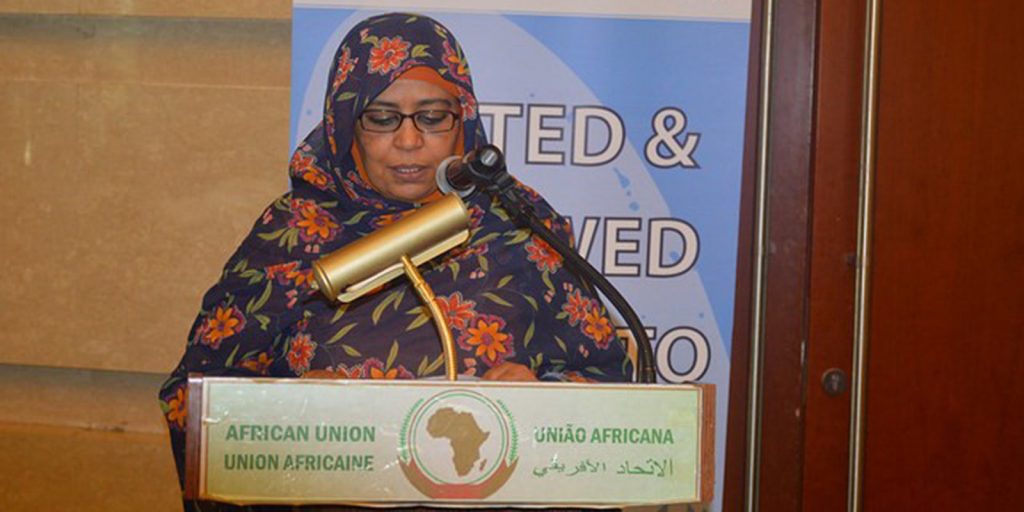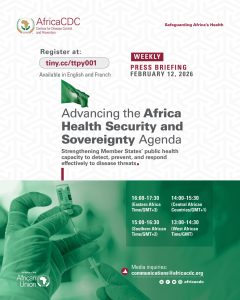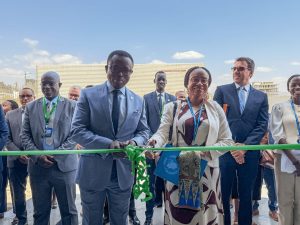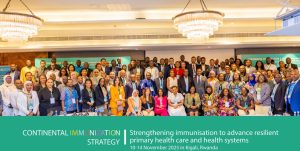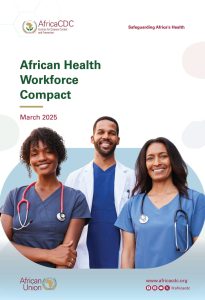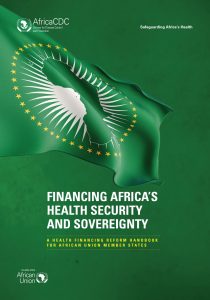The African Union and partners on Friday, 24 March 2017, joined the globe to commemorate the World TB Day with a call for renewed and united action to end TB. The African Union Commission is at the forefront of actively engaging Member States in accelerating the response towards AIDS, TB and Malaria. The fight against these three major pandemics and other infectious diseases remain high on the continental agenda. AIDS Watch Africa, the highest advocacy, resource mobilisation and accountability mechanisms for AIDS, TB and Malaria on the continent constituted of all African Heads of State and Government meets every year to consider key issues to address these three diseases.
“To end TB we need to ensure that we reach, find, treat and cure all those millions in need in Africa and ensure that there is zero discrimination in our communities, workplaces and health facilities” said Her Excellency Amira El Fadil, the Commissioner for Social Affairs of the African Union Commission during her address during the meeting organised by the African Union at its headquarters.
According to the 2016 World TB Report, in 2015 there were an estimated 10.4 million new TB cases worldwide. Africa accounted for 26% of these cases. Africa accounts for more than 16 out of the 30 countries with high TB burden. Africa also accounts for 23 out of the 30 countries with high TB/HIV burden. Africa further accounts for 9 out of the 30 countries with a high burden of multi drug resistant TB. The proportion of TB cases co-infected with HIV was highest in Africa (31%) and exceeded 50% in parts of southern Africa and hence the need to ensure that HIV positive people are tested for TB and put under treatment.
“We need to fast track the implementation of the business model of the Catalytic Framework to end AIDS, TB and Malaria in Africa by 2030 and invest for impact” said Hon. Abdourahmane Diallo, the Minister of Health of the Republic of Guinea.
The business model galvanises countries to focus on three strategic investment areas which are health systems strengthening; generation and use of evidence for policy and programme interventions and advocacy and capacity building. The African Union’s ambitious and bold policies will need supportive systems together with commensurate resources for TB care, prevention and research.
Some of the key issues to be addressed in Africa include TB/HIV co-infection, scaling-up technology for early diagnosis and sustained access to medicines through local production. Countries will also need to strengthen mechanisms to increase coverage and access to services for detection and treatment of Multi-Drug Resistant Tuberculosis and TB in children and vulnerable populations.
The meeting jointly organised by the African Union Commission and the New Partnership for Africa’s Development included high level participation by the World Health Organisation, Stop TB Partnership, the World Bank, East Central and Southern Africa Health Community, the private sector and the Global TB Caucus among many other key stakeholders.

